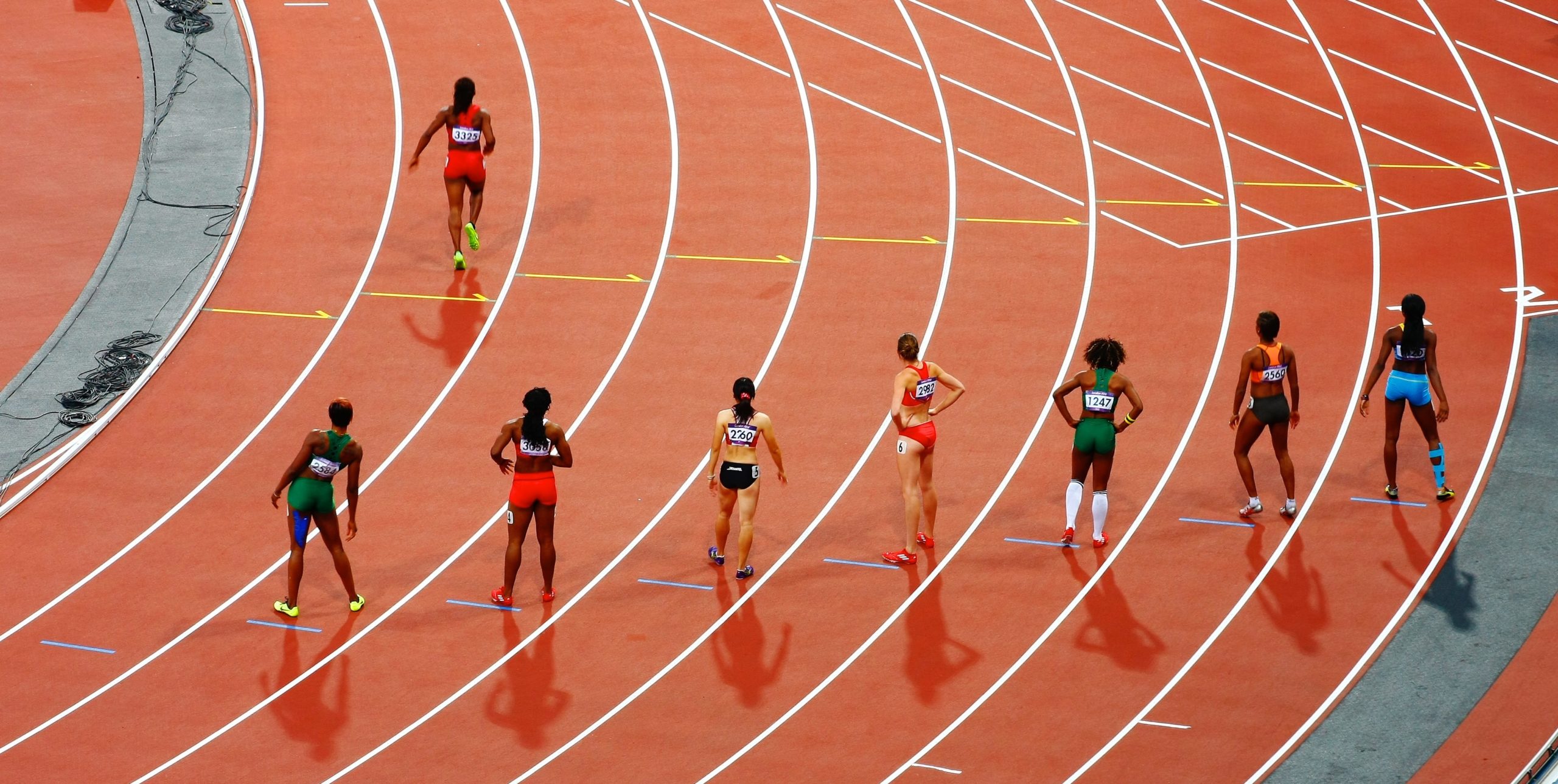Pay disparity between men and women has been the norm for centuries. Despite today’s increasingly progressive political and economic climate, and an advancing wave of feminism, gender pay inequality persists. Women from all walks of life, from wage laborers to A-list celebrities, still get paid less than men for doing the same job.
Even California, the promised land for equal work opportunities, struggles to uproot gender-based discrimination. But change may be on the horizon. Last October, Governor Gavin Newsom signed Assembly Bill 467, also called “Equal Pay for Equal Play” into law, among a slate of new laws. This new law will make it illegal to pay women athletes less than their male counterparts in sporting events held on state lands.
This proves to be another landmark moment to state’s commitment to achieving true pay equity, regardless of gender, race, ethnicity, and religion. And other advocacy groups championing pay equity in sports are excited about the message this new law will send.
Waves of Change: AB 467 Explained
Among the slate of new laws signed by California Governor Gavin Newsom is the AB 467, also called “Equal Pay for Equal Play.” The law will make it illegal to pay women athletes less than their male counterparts in sporting events held on state lands.
The catalyst for the bill was when the Committee for Equity in Women’s Surfing made efforts to fight for equal pay for women big wave surfers at Maverick’s. Now, with the AB 467, any sporting event held on any state-controlled lands and coastal zones will only be given a lease or permit if they demonstrate equal pay prizes for male and female athletes at each competition level. That means that event organizers will have to affirm equal pay prizes before the competition can move forward. Assemblymember and author of the bill Tasha Boerner Horvath will also seek to lobby for changes in the near future to close the loopholes tied to inclusion and equal access. This is to curtail any efforts from event organizers to ban women from joining or give them limited access to competition levels.
Former professional cyclist and advocate for equal compensation in cycling Kathryn Bertime says that “The passing of AB 467 is not just a monumental moment in sports, but a societal shift toward equity and progress.” She adds that she looks forward to seeing the impact of the bill not just in California, but nationwide.
AB 467, or “Equal Pay for Equal Play,” will take effect on January 1, 2020 and will immediately and effectively address the long-standing pay disparities in competitive sports throughout California.
Why Female Athletes Earn Less
There are sports where women athletes earn the same figure, sometimes more, than their male counterparts. In tennis, for example, elite players like Serena Williams, Maria Sharapova, and Li Na have consistently ranked higher in top earners lists than equally notable figures like Roger Federer. Even among lesser-known tennis players, women compare well in terms of prize and endorsement earnings.
However, the picture is much bleaker in team sports like basketball, softball, baseball, and football. This is because it’s much harder to stand out. And fame is often the only thing that could help female athletes get the pay-out they deserve.
Women big wave surfers at Maverick’s and other surfing events around the globe have long struggled to get paid as much as men do. On top of that, they had to endure years of alienation and various forms of harassment rooted in gender. Maverick’s organizers have confirmed allegations of paying much lower prize money for female participants. Despite these, many continue to venture and succeed in what used to be uncharted territory for women, and it is only about time that they get the level of respect and recognition they deserve. Women athletes in other male-dominated sports like Nascar and horse racing are struggling with the same issues. And hopefully, the impact of AB 467 will ripple down to all facets of the performance industry.
The Beginning of Equal Pay for Equal Play
All thanks to CEWS’s efforts to uproot gender-based discrimination in surfing, other women in the performance industry will soon have what they are due. While the law only covers competitions happening on land territories and waters of the state, it will hopefully inspire the rest of the country to follow suit. The other hope is that the law will address the issue with inclusion, which is tied to another form of discrimination female athletes face. Boerner Horvath is confident that the bill will advance the historic efforts of so many athletes and advocates who are fighting for gender equality. She also pointed out how the overwhelming bipartisan support of the bill reflects the State Legislature and Governor Newsom’s position on gender equity.
Learn more about the latest laws and legal issues in California from Mesriani Law Group. Explore our blog today!








